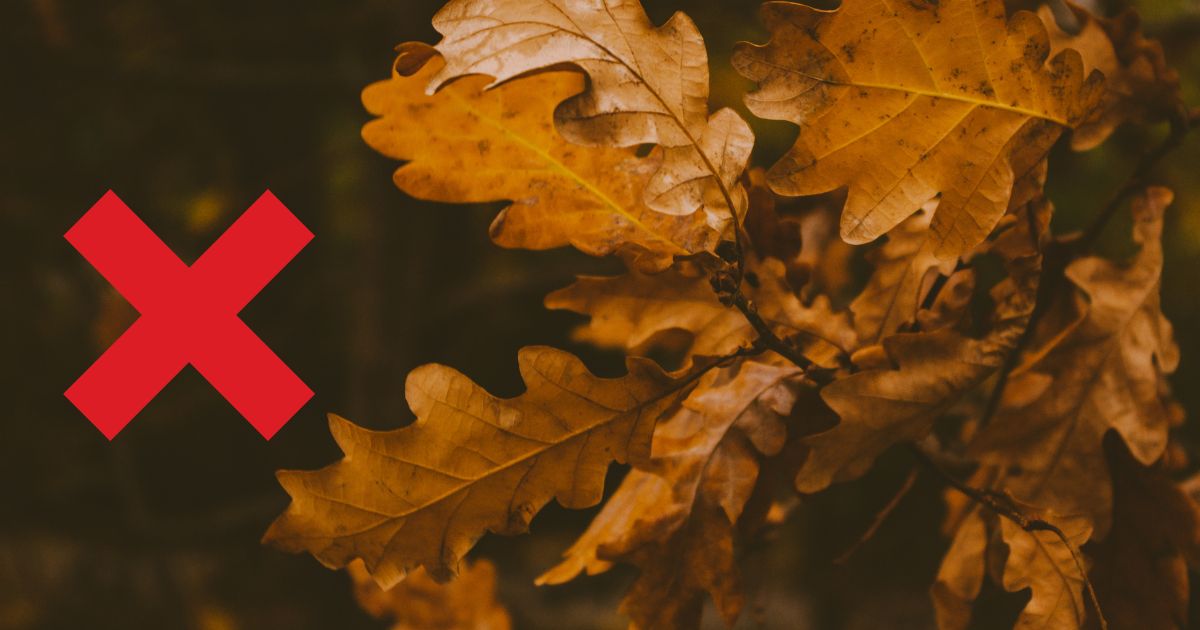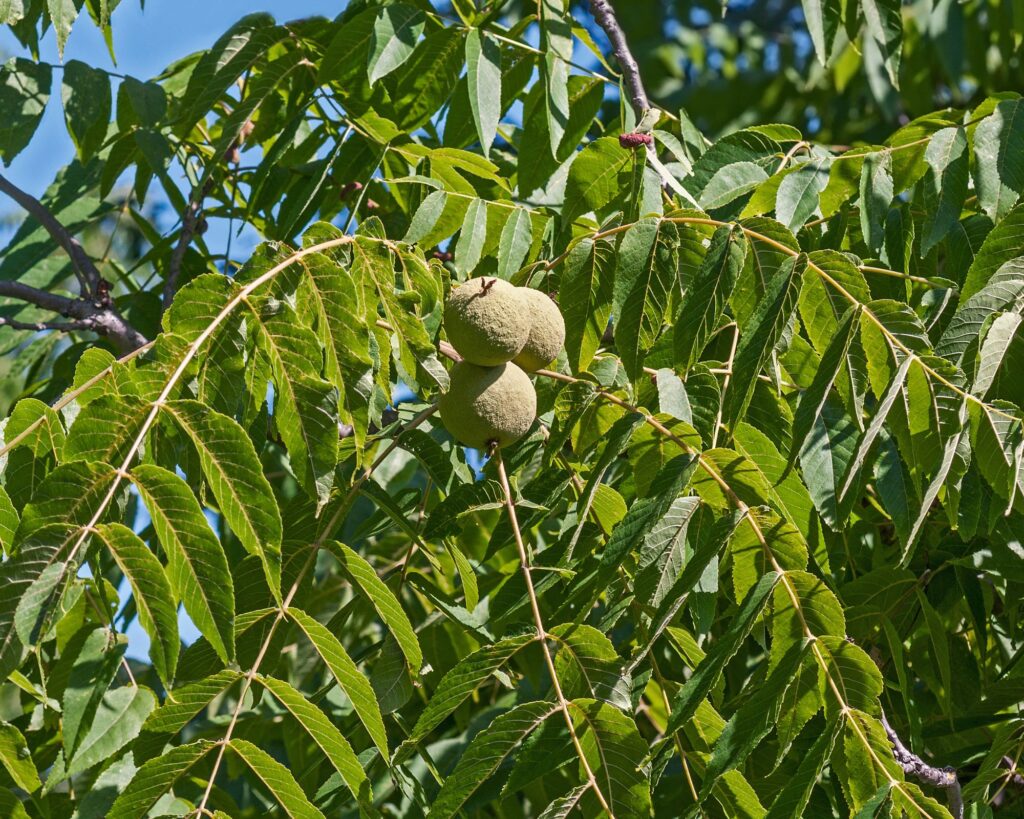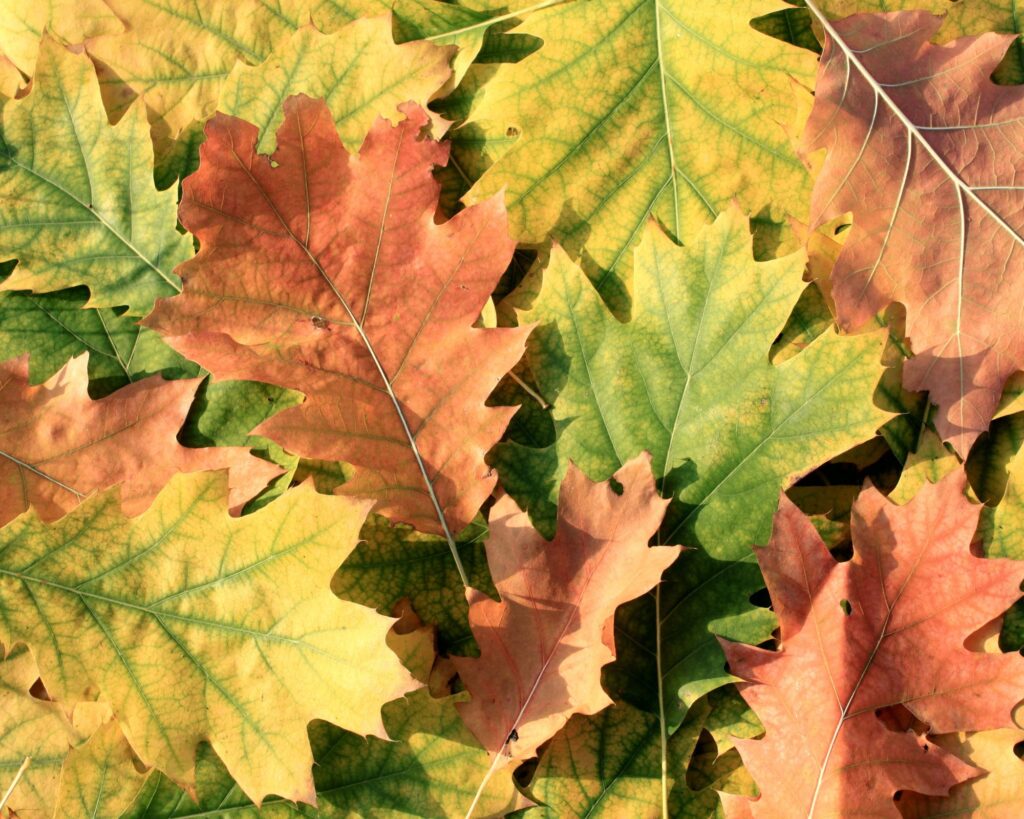Composting is an excellent way to recycle organic waste and enrich your garden soil.
However, not all leaves are suitable for composting. Some leaves can introduce harmful chemicals, diseases, or simply decompose too slowly, disrupting your compost balance.
In this guide, we highlight five types of leaves you should avoid adding to your compost pile for a healthier garden.
1. Black Walnut Leaves
Black walnut leaves contain juglone, a natural compound toxic to many plants.
Adding them to compost can hinder the growth of sensitive plants like tomatoes and peppers.
Instead, consider using them as mulch under walnut trees.
2. Eucalyptus Leaves
Eucalyptus leaves release aromatic oils that can inhibit microbial activity in compost piles, slowing down decomposition.
It’s best to leave these out of compost and use them as a natural pest deterrent around your garden instead.
3. Poison Ivy Leaves
Handling poison ivy leaves can cause skin irritation due to the presence of urushiol oil.
Including them in compost can spread the oil, risking exposure.
Always dispose of poison ivy leaves safely and avoid composting them.
4. Oak Leaves
Oak leaves are rich in tannins which can make your compost too acidic if added in large quantities.
They decompose slowly, so it’s better to shred them first or use them sparingly in your compost pile.
5. Camphor Laurel Leaves
Camphor laurel leaves contain camphor, which acts as a natural insect repellent.
This property can interfere with the microbial ecosystem in compost, slowing down the composting process.
Use them for pathways or garden borders instead.





